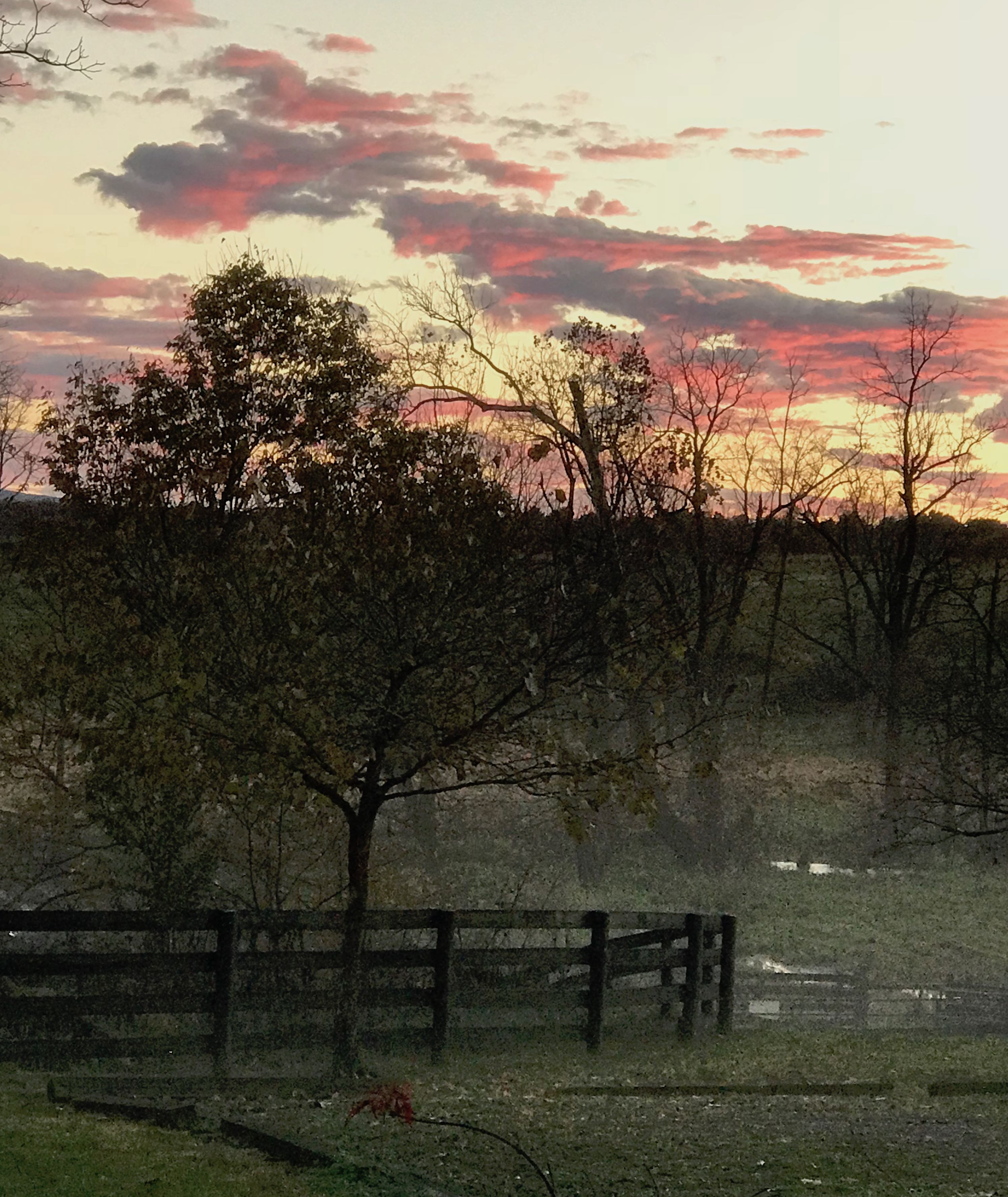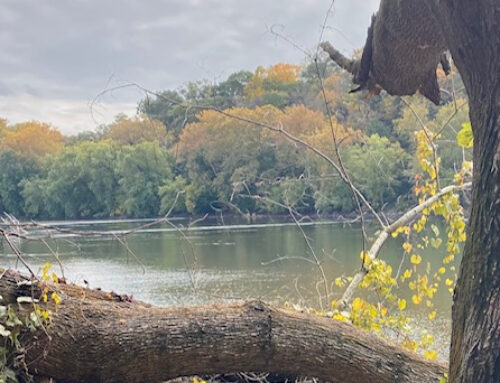Not far from the farm is a monastery of Cistercians
Where, as a seventh grader,
I attended a series of Civil War lectures
Curated by Brother James,
A white monk gray in my memory.
Coarse cotton-smocked, he lead us up
A narrow staircase smelling of
Stone and lichen and spiders and shadows,
Into archived ecumenica where, surprising the senses,
Blue burst through the beveled windows,
Illuminating. Forgive me, father, for I have
Forgotten everything, save the unforgettable;
Scores of shelves with thousands of books,
Spines bearing heavy titles, like the graves
Of seven hundred soldiers buried just beyond;
Yet, more fascinating to me than the bones of dead teenagers,
Men drowning one another in the waist-deep Shenandoah,
Guerrillas exacting flaming sabotage, explosions, mayhem,
Were these profoundly anonymous books. Fixated,
I reasoned a day must arrive in adulthood when
All books are read. The sheer volume—
There was a physical obligation. I felt it.
The monk spoke, but behind him, silence.
I plunged past hypothesis and thesis, headlong into law.
Junior high and monasteries are good places for laws!
The loss, then, more impactful when
In college, from a distance, I witnessed professor
Thomas Disch stumbling sun-blind down the steps
Of Tucker Hall, the English Department,
Bewildered beneath the bowered beech,
This bear-man, broader and taller than I’ll ever be,
Who seized my shoulder and, epistemologically-stunned,
Pressed as though I could bear his weight, confessed,
“Do you realize, with all the books already written
Good books, worthy books, books we wish we could read,
Not counting all the ones we don’t care about,
Not counting what’s to come,
Right now—right now!—there are too many great ones
Than we could ever read in a lifetime?”
Saying this, his eyes appeared to clear,
And I sensed he saw me for the first time.
The great paw of heft that had been driving me
Straight through the pavers and into some Colonial
Science fiction lifted, and he blinked twice, and departed.
When was this time? What was this moment?
Why, a lifetime later, stopped at a railroad crossing along
Some distant back country road, the clattering cargo of
Thousands of tons passing before us, do we think of
Anna Karenina five thousand miles and a century removed,
Consumed one hot July week in high school, but we can’t recall the plot lines?
Why does this great volume forever move through us,
Grayscaled from the wash of memory,
And climbing the steps to bed one evening,
Just before sleep, we suffer the unraveling tragedy of
Not having read it all, remembered it all, felt it all?






Leave a Reply